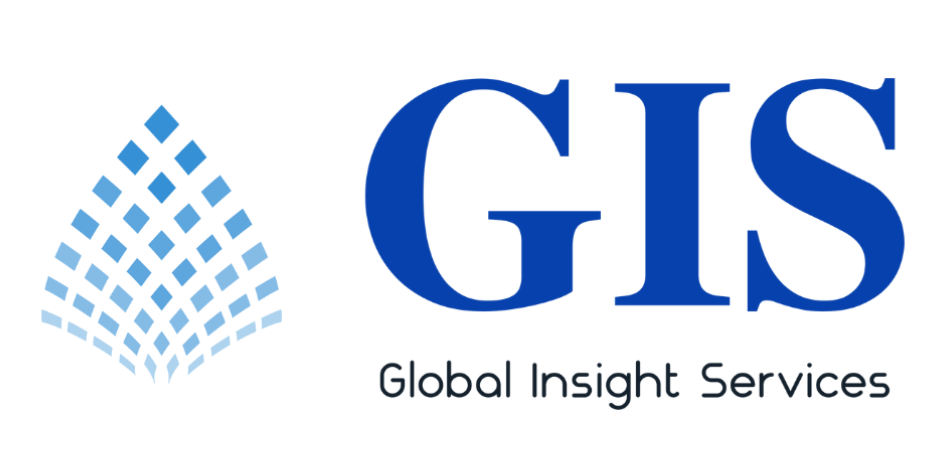Veterinary Oncology Market : Cancer is not just a disease that affects humans; it also poses a significant health challenge for our beloved pets. Veterinary oncology, a specialized field of veterinary medicine, focuses on the diagnosis, treatment, and management of cancer in animals. In recent years, the veterinary oncology market has emerged as a beacon of hope for pet owners and veterinarians alike, offering advanced treatments, improved diagnostics, and a growing understanding of cancer in animals. In this article, we will explore the dynamic landscape of veterinary oncology, highlighting key trends, technological advancements, and the vital role it plays in enhancing the lives of our animal companions.
The Veterinary Oncology Market: A Growing Necessity
The global veterinary oncology market has experienced substantial growth, driven by several factors, including increased pet ownership, the extension of pet lifespans, and heightened awareness of pet health. As of 2021, the market was valued at approximately $200 million, and it is projected to reach over $400 million by 2026, with a compound annual growth rate (CAGR) exceeding 14%. Several factors contribute to this robust expansion.
-
- Pet Humanization: Pets are increasingly regarded as members of the family, leading pet owners to seek advanced medical care, including cancer treatments, for their animal companions.
- Technological Advancements: The adoption of advanced diagnostic tools such as PET-CT scans, alongside improved surgical techniques and radiation therapy, has elevated the standard of care for veterinary oncology patients.
- Research and Development: Collaborations between human and veterinary oncologists have paved the way for cross-species research, bringing cutting-edge therapies and clinical trials to veterinary patients.
- Awareness and Early Detection: Pet owners are more educated about cancer risks in animals, leading to earlier detection and intervention, which can improve outcomes.
Key Market Segments
The veterinary oncology market can be segmented based on various parameters:
-
- Type of Cancer: Veterinary oncology covers various types of cancer, including lymphoma, osteosarcoma, melanoma, and mammary gland tumors, each with its own diagnostic and treatment challenges.
- Treatment Modality: Treatment options include surgery, chemotherapy, radiation therapy, immunotherapy, and targeted therapies, often tailored to the specific needs of each patient.
- End User: Veterinary oncology services are provided by specialty veterinary hospitals, academic institutions, and private practices.
- Species: While dogs and cats are the primary beneficiaries of veterinary oncology, treatments for other companion animals, such as horses and exotics, are also growing in importance.
Challenges and Future Prospects
While the veterinary oncology market is thriving, it faces several challenges:
-
- Cost of Treatment: Advanced cancer treatments can be costly, and pet owners may need financial assistance to afford them.
- Access to Specialized Care: Access to specialized veterinary oncology care may be limited in some regions, necessitating the expansion of services.
- Ethical Considerations: Ethical considerations, such as quality of life and treatment side effects, are central to decision-making in veterinary oncology.
- Research Gaps: Despite advances, gaps in our understanding of cancer in animals persist, necessitating further research to improve diagnostics and therapies.
The future of the veterinary oncology market is filled with hope:
-
- Precision Medicine: Advances in genetics and genomics will enable more precise, personalized cancer treatments tailored to an individual animal’s genetics.
- Immunotherapy: Immunotherapies, which have revolutionized human cancer care, are being adapted for veterinary patients, offering promising new treatment options.
- Telemedicine: Telemedicine will expand access to specialized care, connecting pet owners with veterinary oncologists for remote consultations and follow-up care.
- Data Sharing: Collaborative efforts to collect and share data on cancer in animals will enhance research and treatment outcomes.
Veterinary oncology is a field that blends compassion, science, and hope to improve the lives of animals and their human companions. As technology advances and our understanding of cancer in animals deepens, veterinary oncologists are at the forefront of bringing innovative treatments and solutions to the veterinary community. Overcoming challenges related to cost, access, and ethics will be essential for the market’s continued growth and success. In a world where pets hold a special place in our hearts, veterinary oncology stands as a testament to the commitment to ensuring that our animal companions receive the best care possible, even in the face of cancer.
Download Free PDF Sample Report : https://www.globalinsightservices.com/request-sample/GIS21448

